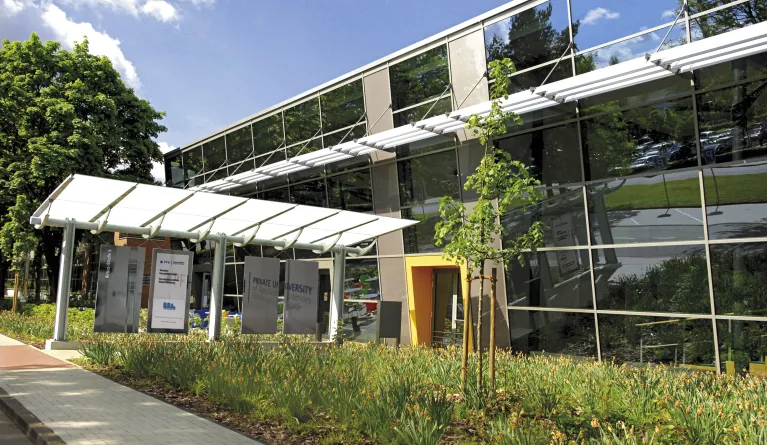Glass fibre: advantages and fields of application
Glass fibre is a material made up of several fine fibres of glass. The product is one of the most versatile industrial materials known today. It has comparable mechanical properties to other fibres such as carbon fibre and polymers. Glass fibre is used as a reinforcing agent for many polymer products in order to form a very durable and lightweight material, known as fibreglass.
Fibreglass offers some unique advantages over other materials due to its thickness, weight and strength. With such a wide range of properties, the material can satisfy design and project objectives in many industrial applications.
12 important properties of glass fibre
-
High tensile strength. Glass has greater tensile strength than steel wire of the same diameter, at a lower weight.
-
Dimensional stability. Glass fibre is not sensitive to variations in temperature and hygrometry. It has a low coefficient of linear expansion.
-
High heat resistance. Glass fabrics retain 50% of room temperature tensile strength at 370°C, 25% at 480°C, a softening point of 845°C and a melting point of 1,135°C.
-
Good thermal conductivity. Glass fibres are great thermal insulators because of their high ratio of surface area to weight. This property makes it highly useful in the building industry.
-
Great fire resistance. Since glass fibre is a mineral material, it is naturally incombustible. It does not propagate or support a flame. It does not emit smoke or toxic products when exposed to heat.
-
Good chemical resistance. Glass fibre is highly resistant to attacks by most chemicals.
-
Outstanding electrical properties. Glass fibre has a high dielectric strength and low dielectric constant. It is a great electrical insulator even at low thicknesses.
-
Dielectric permeability. This property of glass fibre makes it suitable for electromagnetic windows.
-
Compatibility with organic matrices. Glass fibre can vary in size and has the ability to combine with many synthetic resins and certain mineral matrices like cement.
-
Great durability. Glass fibre is not prone to sunlight, fungi or bacteria.
-
Non-rotting. Glass fibre does not rot and remains unaffected by the action of rodents and insects.
-
Highly economical. It is a cost-efficient choice compared to similar materials.
Lightweight engineering & composites study program
We appreciate you taking the time to read our blog post. If you are thinking about studying abroad, take a look at our Master’s degree in Composites.
At PFH we make sure you receive high quality education while making the most out of your study abroad experience!
